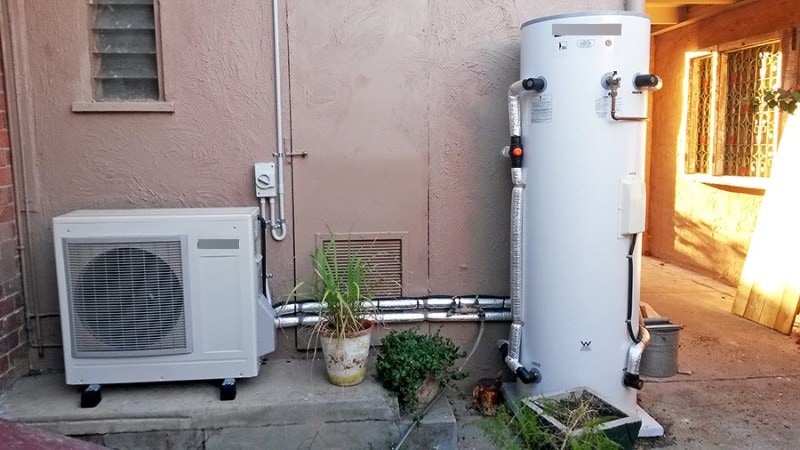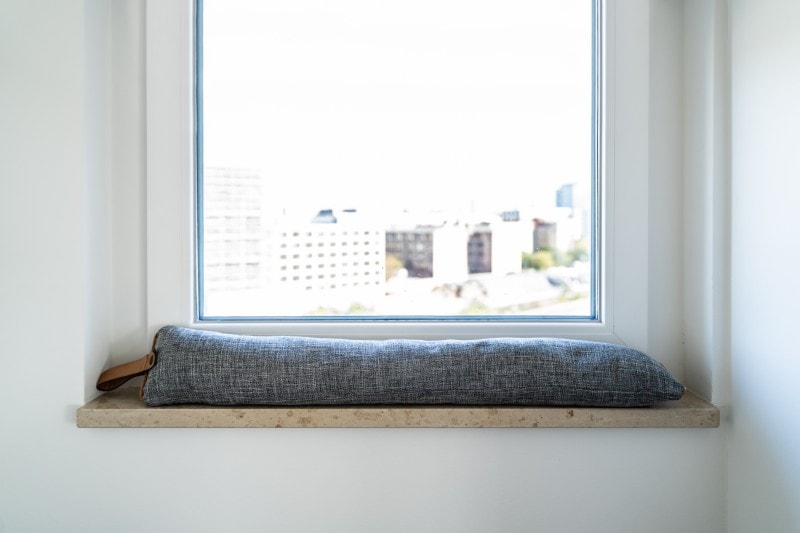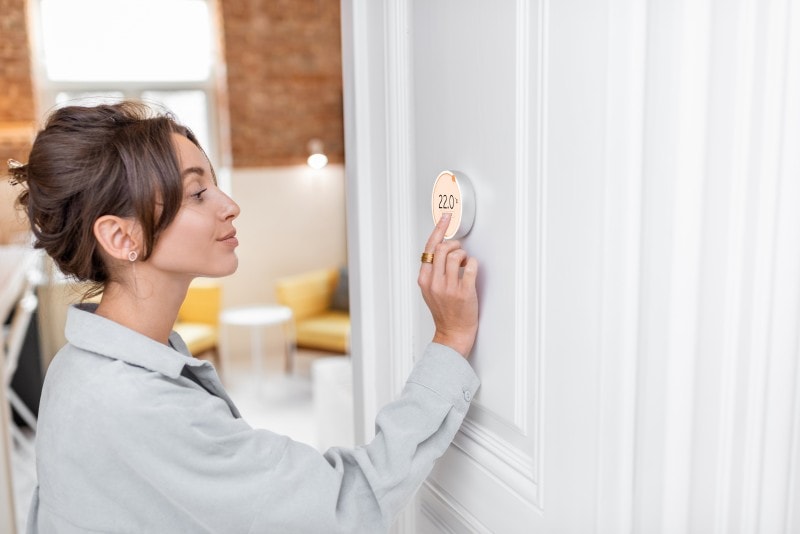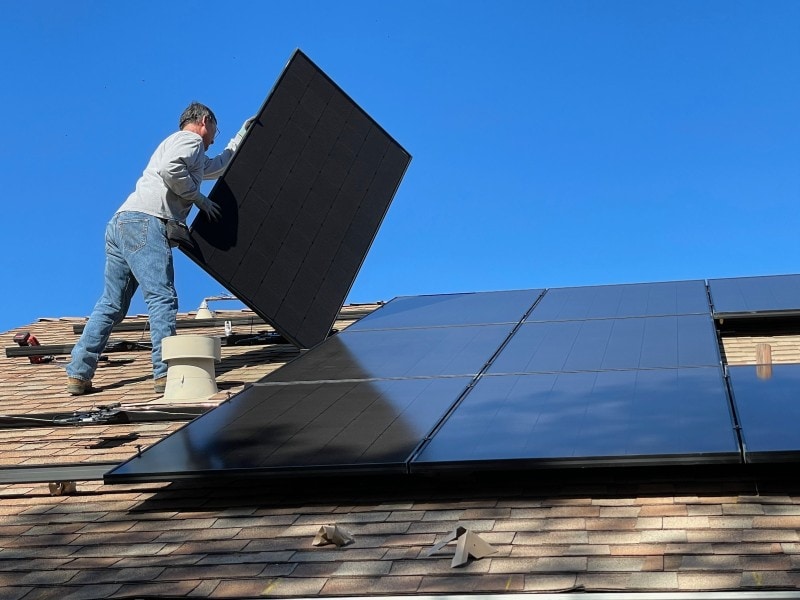If you’re like most people, the rising cost of living is having an impact on your back pocket – and with much of the household budget going towards powering our homes, it’s not surprising that more and more people are actively looking for ways to reduce energy bills.
With the price of gas and electricity expected to rise by upwards of 20% this year, and again next year, finding ways to reduce usage and lower energy costs at home is front of mind for many homeowners.
The good news is that there is much you can do to reduce energy bills at home. From instant hacks to longer term solutions, in this article we share our top tips to help you beat rising energy costs.
1) Find the best deal
These days, there are lots of energy providers competing for your business, so there’s a good chance you can save money by shopping around for the best deal. Comparing your current rates with those of other energy retailers can be confusing, so your best bet is to use a government comparison website such as Energy Made Easy (for New South Wales, ACT, South Australia and Queensland) or Victoria Energy Compare (for those in Vic). This should give you a clear picture of your options based on your location, so you can select the best fit for your circumstances.
It is also worthwhile contacting your current provider to see if they can offer a better plan or if there are any rebates or special offers available to you, particularly if you have been with them for a long time. They will also be able to provide advice on payment plans or timed payments to help you avoid bill shock.
2) Make use of off-peak times
Another simple way to save is to take advantage of off-peak times wherever possible. Many energy providers offer reduced rates at times of lower demand on the grid, which is generally at night or on the weekends. You can find out if this applies to you by checking your bill to see if you’re on a flexible pricing plan which includes lower charges for off-peak times.
Your bill should also specify when off-peak rates apply, or if not, contact your provider to find out. Once you know when you’ll pay less, you can plan your usage on flexible tasks around this, for example, you may run your dishwasher, washing machine or dryer overnight. Many of these appliances now include in-built timers, making it easy to set them for operation while you sleep.
3) Fit a hot water heat pump

Your hot water system is another big contributor to your energy costs, generally accounting for about 25% of your household energy use. If you are looking to upgrade or replace your existing hot water system, opting for a hot water heat pump is a smart option that will slash your energy use and bills. Heat pump hot water systems use around 75% less energy than traditional hot water systems which results in huge ongoing savings.
Heat pump systems are also a far better choice for the environment as they use the heat from the surrounding air to heat your water, significantly reducing greenhouse gas emissions from your system. The environmental benefits and energy saving abilities have led to many states of Australia offering rebates to offset the cost of installing one. However, beware of free or cheap heat pump offers that seem too good to be true – they probably are and will likely cost you more in the long run.
Find out how much it would cost to upgrade your home to a hot water water heat pump.
4) Reduce stand-by costs
We all know that stand-by costs add up, but how many of us actually turn our appliances off at the powerpoint when not in use? A surprising number of common appliances continue to use electricity when in stand-by mode, including gaming consoles, wireless routers and microwaves. It’s a good idea to turn off all appliances that don’t need to be left on when not in use, especially those with a stand-by light or remote control. Each appliance may only use a tiny amount of energy in stand-by, but if you have many items wasting power in this way it does add up.
5) Block draughts to avoid wasted energy

Yes, it’s an obvious one, but trust us, blocking draughts makes a big difference when heating and cooling your home! This is significant, as heating and cooling accounts for around 40% of your home energy use, so any savings you make here will have an impact on your bill.
Blocking draughts can be as simple as keeping your windows closed and curtains drawn when your air conditioner or heater is in use, and using door snakes or draught excluders below your doors. Doing so means less heat is lost in winter and cool air lost in summer, resulting in lower energy consumption as your unit does not need to work as hard. Another simple thing you can do is to close off rooms that are not in use to avoid wasting energy maintaining their temperature. Every little bit adds up.
6) Adjust your thermostat

While you may not give it too much thought, every degree counts when it comes to setting the thermostat on your heating and cooling. Canstar recommends setting the thermostat on your air conditioner between 25 to 27 degrees and your heating 18 to 20 degrees for maximum efficiency, but keep in mind that the size of your unit and the climate you live in will influence your comfort levels too.
Operating your system even a degree or two outside these recommendations could see you paying far more than you should, so be smart and look for ways to warm up or cool down without relying solely on your heating or cooling system. Put on a jumper, warm socks or grab a throw rug for warmth in winter, and cool down in summer by staying hydrated and using a ceiling or pedestal fan to circulate the air.
7) Install solar panels

Another way you can significantly reduce your power costs is to install solar panels and generate your own electricity. While the upfront cost can be high, government rebates (where available) can help offset the initial cost and make it more affordable. Once installed, solar panels will lower your reliance on the electricity grid, reduce the amount you pay on your bills and positively impact your environmental footprint.
Take steps to beat rising energy costs today
While the rising cost of living can feel daunting, there are many ways you can reduce the amount you pay on energy bills to take the pressure off. From instant fixes such as blocking draughts and adjusting your thermostat, to larger and more impactful changes like installing a hot water heat pump or solar panels, you can take steps to beat rising energy costs today.
If you’re keen to find out more about installing a hot water heat pump in your home, get a free quote today and discover how much you can save.


